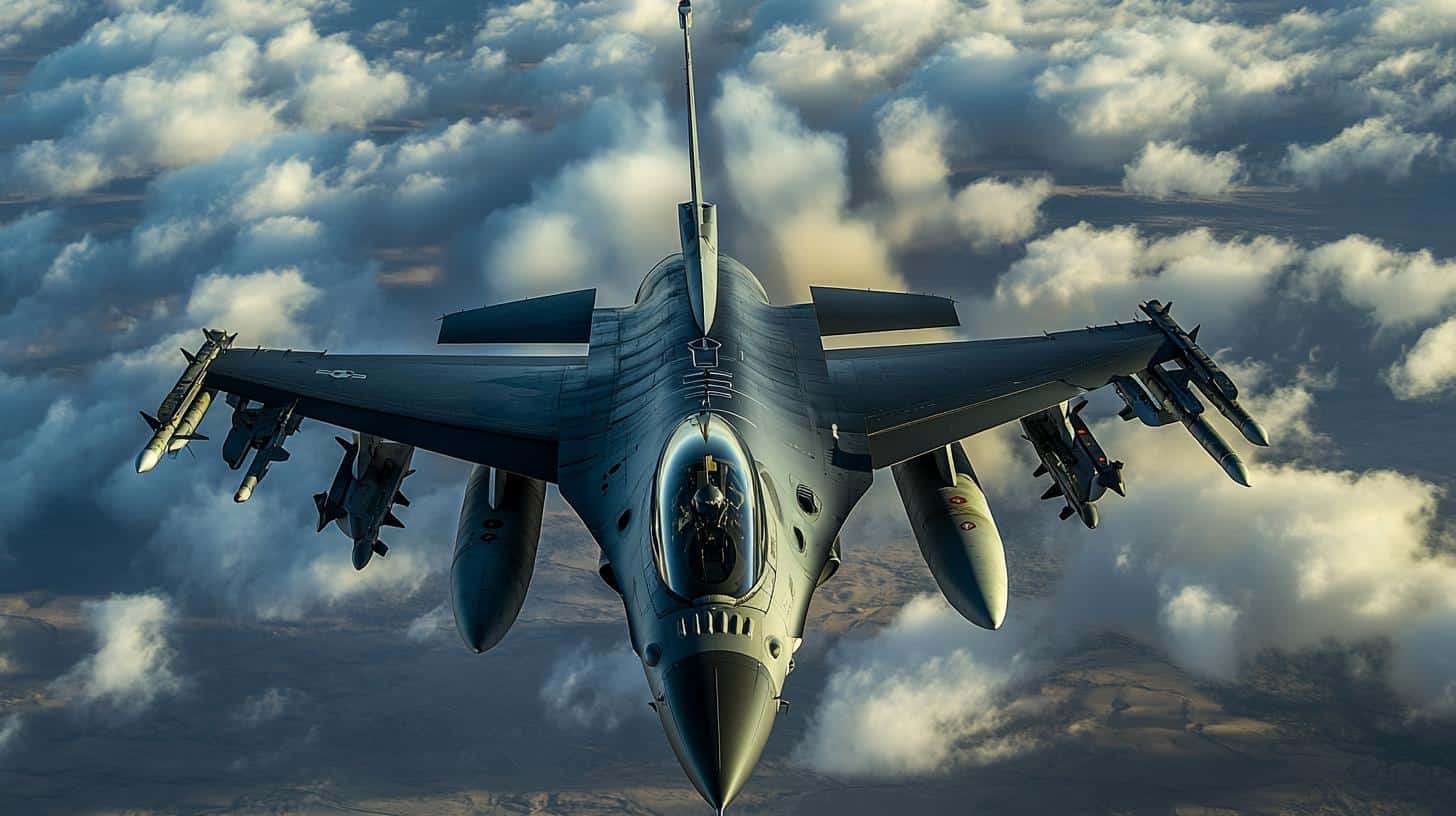Israel has sealed a substantial $5.2 billion contract with Boeing for 25 state-of-the-art F-15 fighter jets, forming part of a broader U.S. military aid package. The delivery of these advanced aircraft is set to start in 2031, with Israel holding an option to acquire 25 more jets. This acquisition reflects Israel’s investment in cutting-edge military technology amid its enduring conflicts with Hamas, Hezbollah, and increasing friction with Iran.
In a related development, French Foreign Minister Jean-Noël Barrot, visiting Israel, urged for a diplomatic resolution to the prolonged Middle East conflict. While traversing the historic Mount of Olives, Minister Barrot advocated for a cessation of Israeli bombings in Gaza, warning that military action alone won’t secure Israel’s future.
Simultaneously, escalating military activities took a serious turn when an Israeli drone strike in Sidon, Lebanon, resulted in the death of three individuals and injuries to several, including U.N. peacekeepers. This incident, criticized by the United Nations Interim Force in Lebanon (UNIFIL), adds to the growing tensions between Israel and Hezbollah in the volatile southern region of Lebanon.
Additionally, Israel’s military has prolonged the closure of Al Jazeera’s West Bank bureau for another 45 days, in an effort to limit media narratives perceived as sympathetic to adversarial forces, despite ongoing scrutiny and denials from the network.
These events underscore the complexities of the Middle Eastern landscape, highlighting the intertwined military, diplomatic, and media dynamics at play amidst calls for peace and dialogue.
Secrets of the Sky: The Untold Impact of Fighter Jet Deals on Global Relations
How Do Major Military Deals Shape Global Dynamics and the Everyday Lives of Millions?
The geopolitical chessboard of the Middle East has always been fraught with complex dynamics, but the introduction of massive military contracts such as Israel’s recent $5.2 billion agreement with Boeing for 25 F-15 fighter jets reshapes the regional and global military landscape in unforeseen ways. While such deals promise to bolster national security, they often ripple through economies, politics, and international relations with profound effects.
Economic Stimulation vs. Elevated Tensions
While the military contract with Boeing may initially appear to be a straightforward transaction reinforcing Israel’s defense capabilities, it also serves as a major economic stimulator. The construction, maintenance, and operation of such advanced fighter jets can provide numerous jobs and invigorate related industries. This economic bolstering is crucial for both countries, especially in the wake of recent global financial shocks.
However, soaring into the realm of international relations, such deals often escalate tensions in volatile regions. By strengthening its military arsenal, Israel risks inflaming anxieties among its neighbors and exacerbating existing conflicts. Could this military buildup lead to a security dilemma, wherein neighboring states feel compelled to augment their own arsenals, potentially triggering a regional arms race?
The Moral Quandary: Security vs. Diplomacy
While military might increases security, it poses ethical questions: Is investing billions in new technology the most effective method to achieve lasting peace? French Foreign Minister Jean-Noël Barrot’s plea for diplomacy over militarization underscores this paradox. History shows that military power doesn’t necessarily translate into peace. Are diplomatic resolutions being sidelined by the allure of technological superiority?
Media Control and Public Perception
In parallel, Israel’s extension of the closure of Al Jazeera’s West Bank bureau illustrates a contentious aspect of ongoing conflicts: control of the narrative. Restricting media can suppress narratives deemed hostile, but such actions also stifle press freedom and contribute to an information void, often filled by misinformation. This raises the question: In the quest for security, how much information control is too much?
The International Community’s Role
The incident in Sidon, Lebanon, where an Israeli drone strike resulted in casualties, has drawn international criticism and highlights increasing hostilities between Israel and Hezbollah. The United Nations and other international bodies find themselves in a precarious position, needing to mediate while respecting sovereign actions. How should international powers navigate these complex issues to promote peace without overstepping?
Advantages and Disadvantages
The advantages of such military dealings are apparent: enhanced national defense, economic benefits, and technological advancement. However, the disadvantages cannot be ignored: increased regional instability, moral and ethical concerns, and restricted media freedom.
Looking to the Future
As Israel continues to navigate its strategic partnerships and defense objectives, the future of Middle Eastern peace and stability remains uncertain. Will diplomatic efforts triumph over military escalations, or will the skies be filled with the hum of new fighter jets?
If you’re interested in further exploring the impact of military contracts and international diplomacy, check reliable sources like Global Policy Forum and Foreign Affairs.







